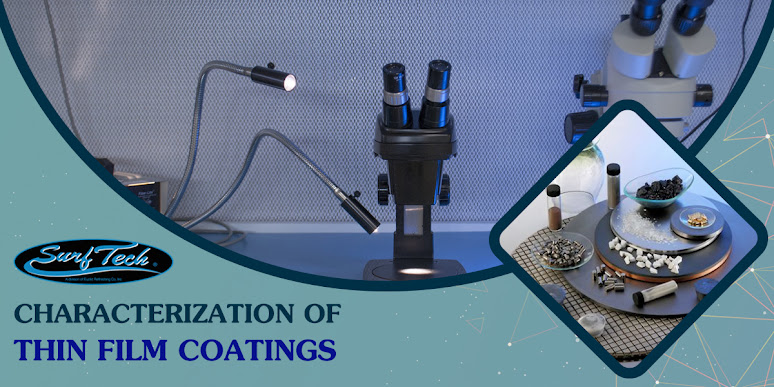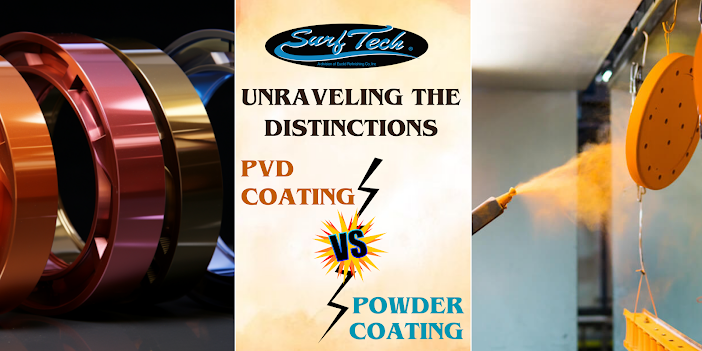6 Steps In The Manufacturing Process Of a Stainless Steel Product
Stainless steel is a metal that is widely used in modern construction. This alloy is widely used in the construction of decorative elements due to its corrosion resistance and pleasing appearance, particularly in areas with unfavorable atmospheric influences. Stainless steel is literally all around us and you can also use custom PVD coating. Yet how many of us are familiar with the way this type of metal and its derivative products are made? There are six major steps in the production of stainless steel, according to this article:
Here Are 6 Steps In The Production of Stainless Steel
- Melting And Casting
The raw materials that make up a stainless steel item are combined and melted in a massive electric furnace. During this step, intense heat is applied repeatedly for 8 to 12 hours. When the melting process is finished, the molten steel is cast into the desired semi-finished forms. Slabs, blooms (rectangular shapes), billets (round or square), rods, and tube rounds are some of the most common forms or shapes.
- Forming
The semi-finished steel shapes go through a series of forming operations in the second stage. For example, stainless steel is hot rolled (heated and passed through enormous rolls) and PVD coating michigan. The aforementioned blooms and billets are converted to bar and wire. In contrast, slabs are formed into plates, strips, or sheets. As the most versatile stainless steel form, semi-finished steel shapes are frequently turned into bars (it comes in all grades and sizes). There are round, squared, octagonal, and hexagonal bars, each suitable for a specific application.
- Heat Treatment
During this step, the various stainless steel forms are thoroughly annealed. Annealing is another term for heat treatment that involves heating and cooling stainless steel in a controlled environment. The goal of this heat treatment is to release pent-up stress within the stainless steel and soften the material, making it more suitable for a wide range of applications. The people in charge of carrying out the annealing process must exercise extreme caution because even minor changes in temperature, pressure, duration, or cooling rate can result in a faulty product.
Also read about, Characterizations of Thin Film Coating
- Descaling
A certain amount of scale appears on the surface of the stainless steel during the annealing process. This scale can be removed through a variety of processes known collectively as descaling. Pickling is one of the more common ways to perform the descaling process.
- Cutting
In this step, the semi-finished, heat-treated, and descaled stainless steel forms are cut into specific shapes. Mechanical cutting is done using guillotine knives, blanking, nibbling, and high-speed blades.
- Finishing
Finishing is used to give the stainless steel product its distinctive aesthetically pleasing appearance. Finishing is also required to make the stainless steel product smooth and easy to clean, which is a must in sanitary applications.
- Stainless Steel Fabrication And (re)passivation
Steel is delivered to construction companies and PVD coating companies craftspeople in a variety of forms, including bars, plates, and sheets. However, its installation and application in the manufacture of various products (for example, stainless steel tanks) generally necessitate additional fabrication and processing. When we think of stainless steel fabrication, we usually think of processes like cutting and welding.
Unfortunately, both treatments destroy the protective layer on the surface of the steel, significantly reducing its corrosion resistance.
Conclusion
In addition to steel's traditional properties, stainless steel has corrosion and heat resistance. It has all of the benefits of steel plus a few of its own. It is less prone to corrosion, can withstand harsh environments better, and has a longer service life. It is not, however, completely stain-proof. To begin, corrosion resistance is grade dependent. However, abnormal environmental conditions such as low oxygen, poor circulation, and high salinity can permanently stain it.
SurfTech INC is capable of selecting and implementing the best stainless steel product for you, and we provide Assisted PVD coating, thin film coating, and ceramic coating facility in the United States and years of on-the-job experience. Contact us today for a quote, to learn more about our process, you can call us on +1-440-275-3356 and email us on ncotton@ercsurftech.com to discuss this with the technical team.
Reference url, https://bit.ly/3j9YyNR



Comments
Post a Comment